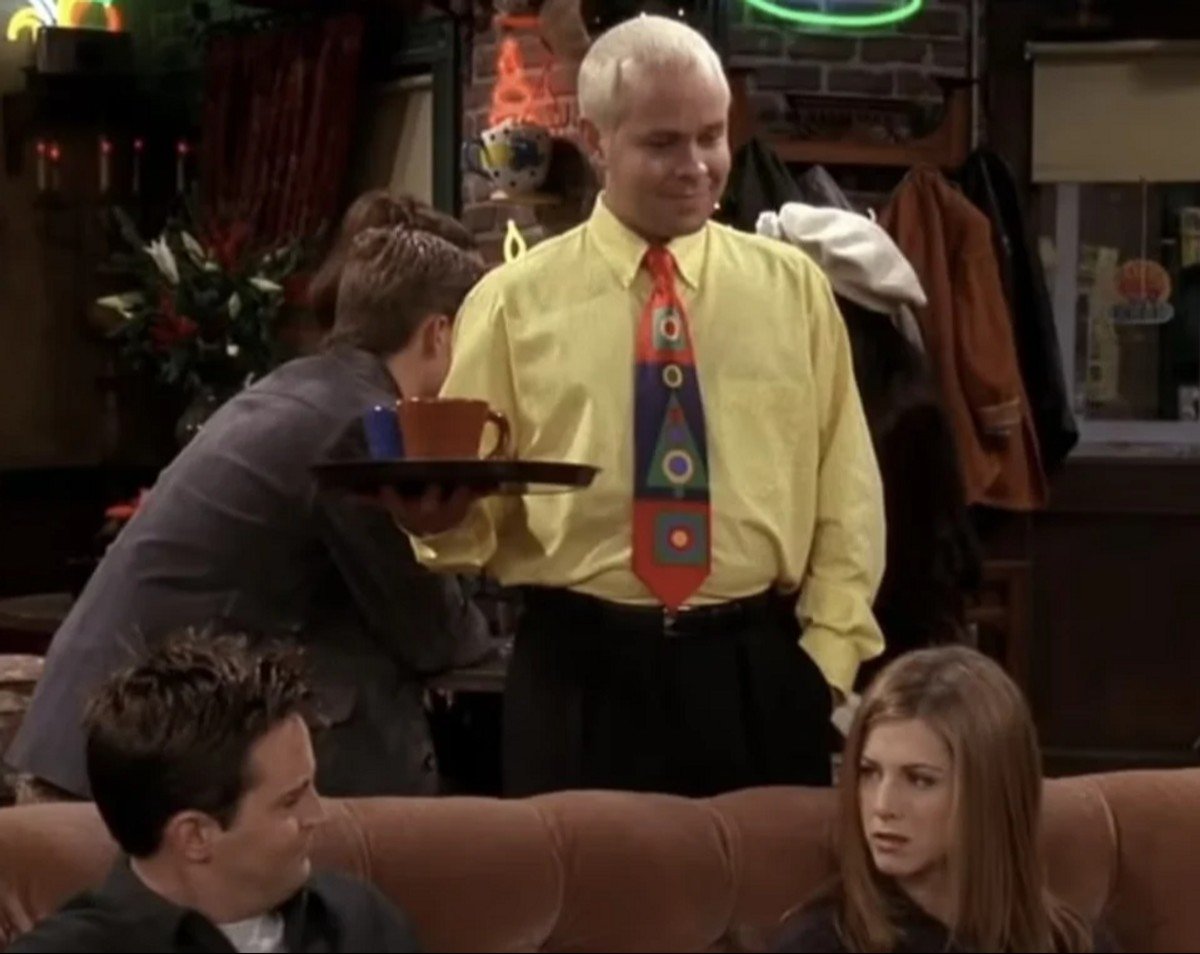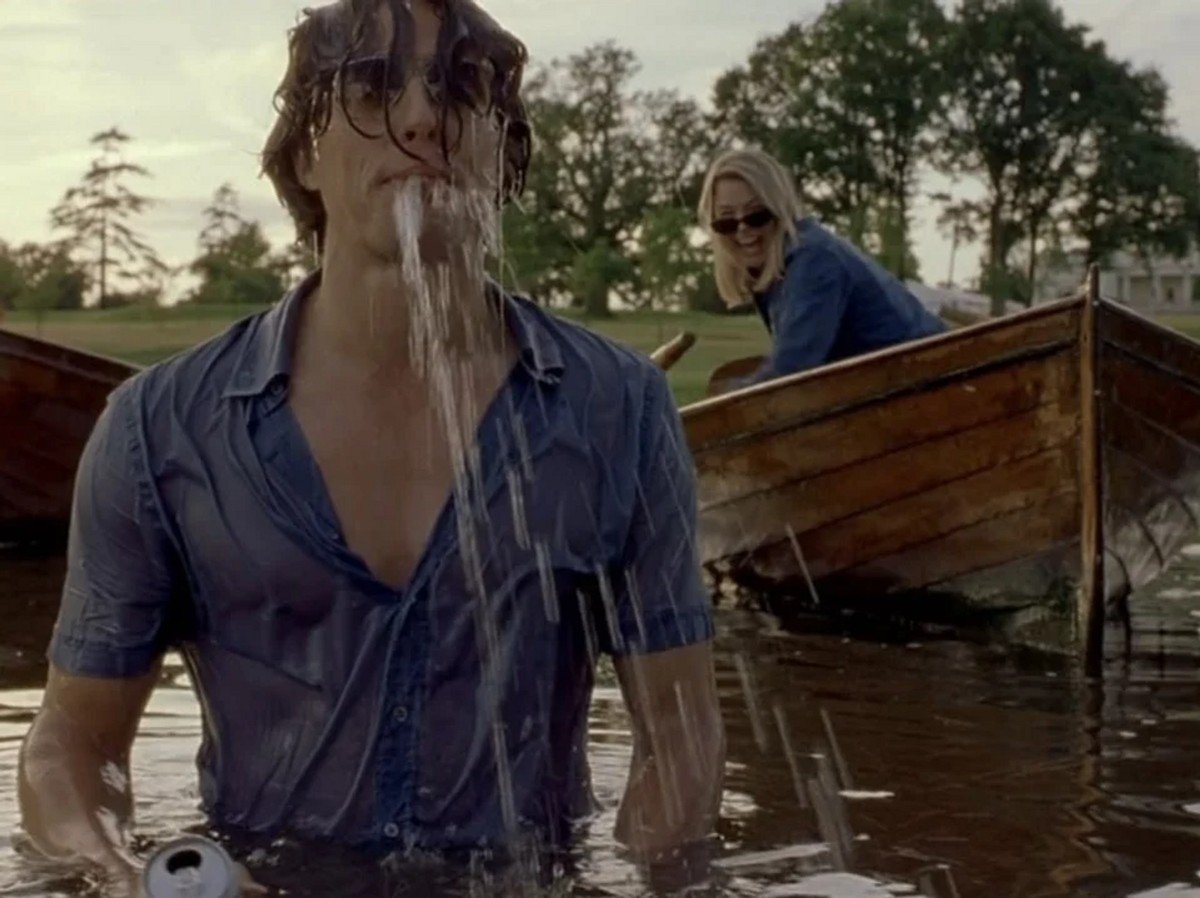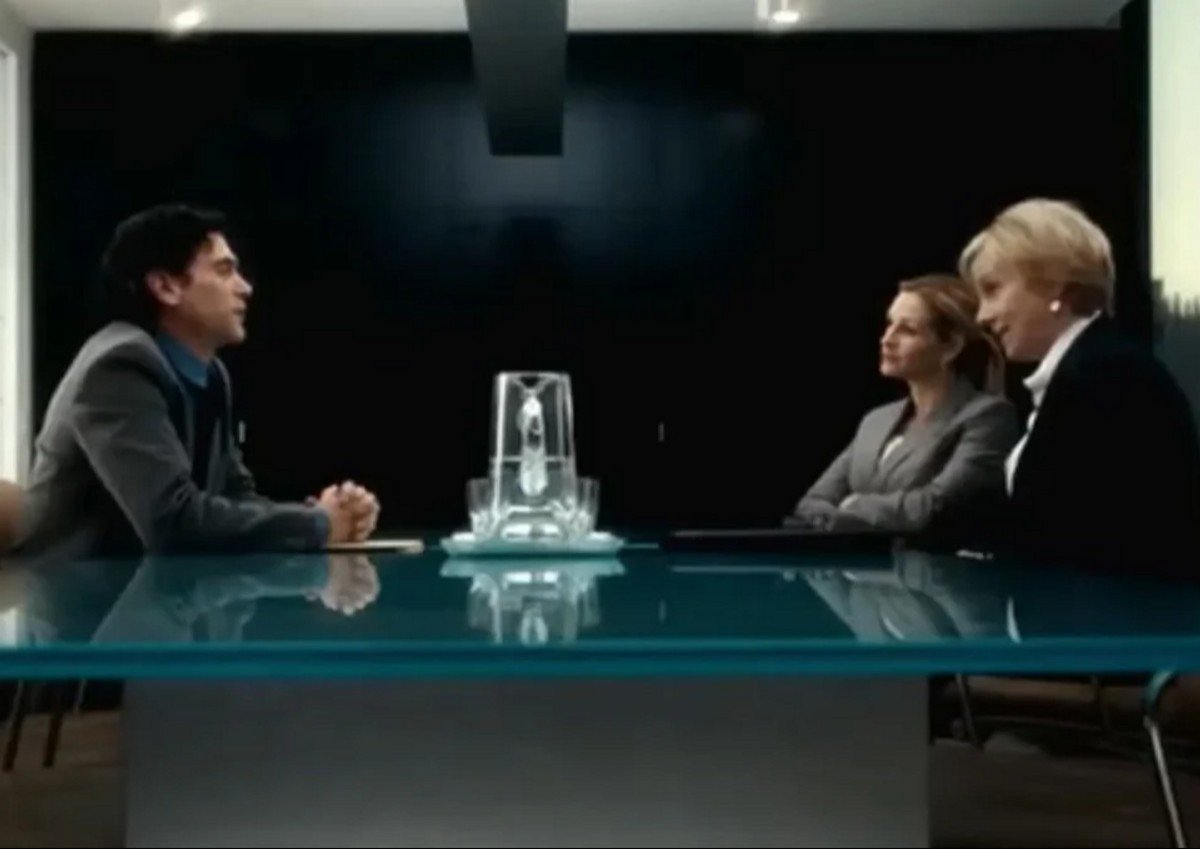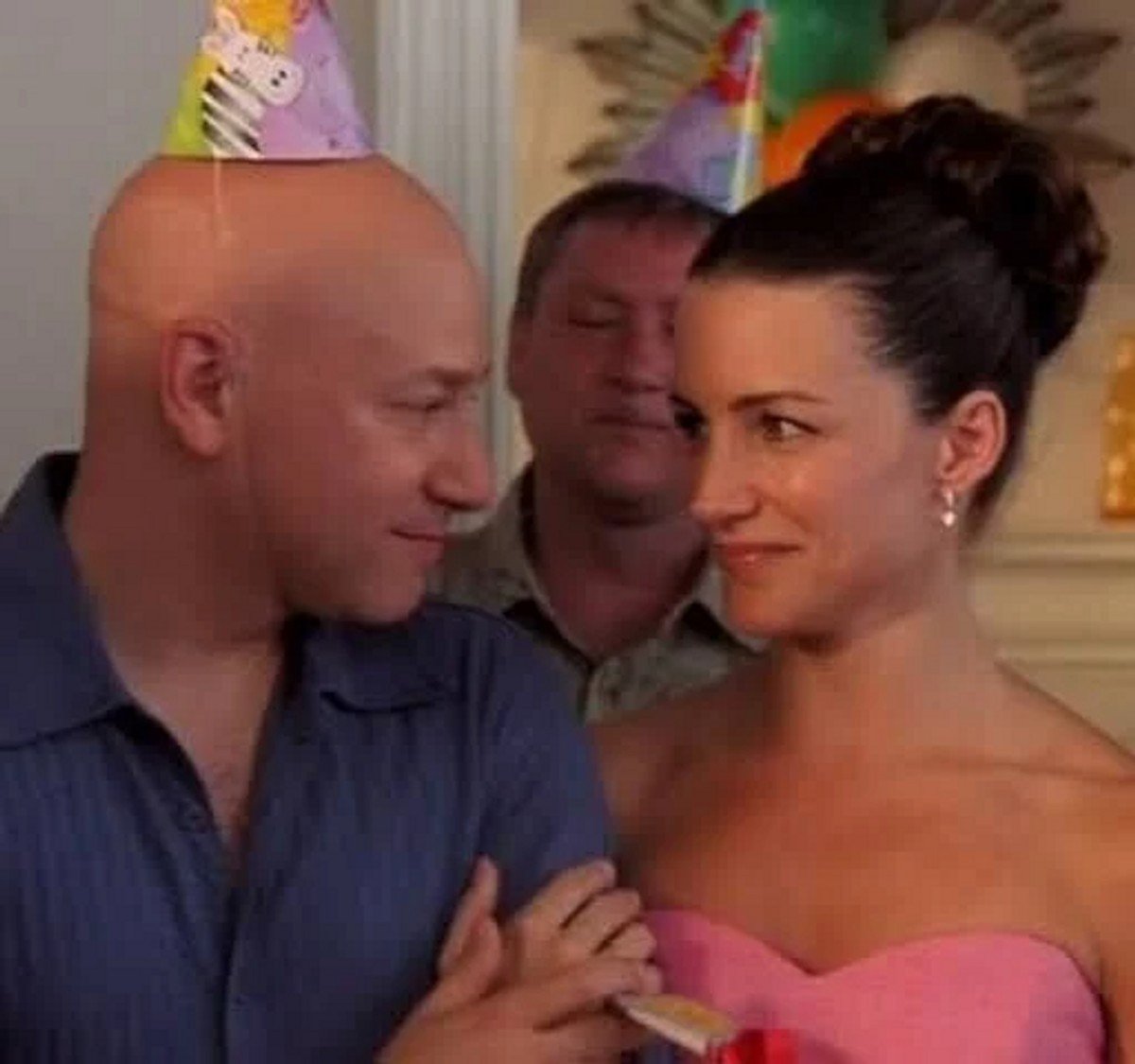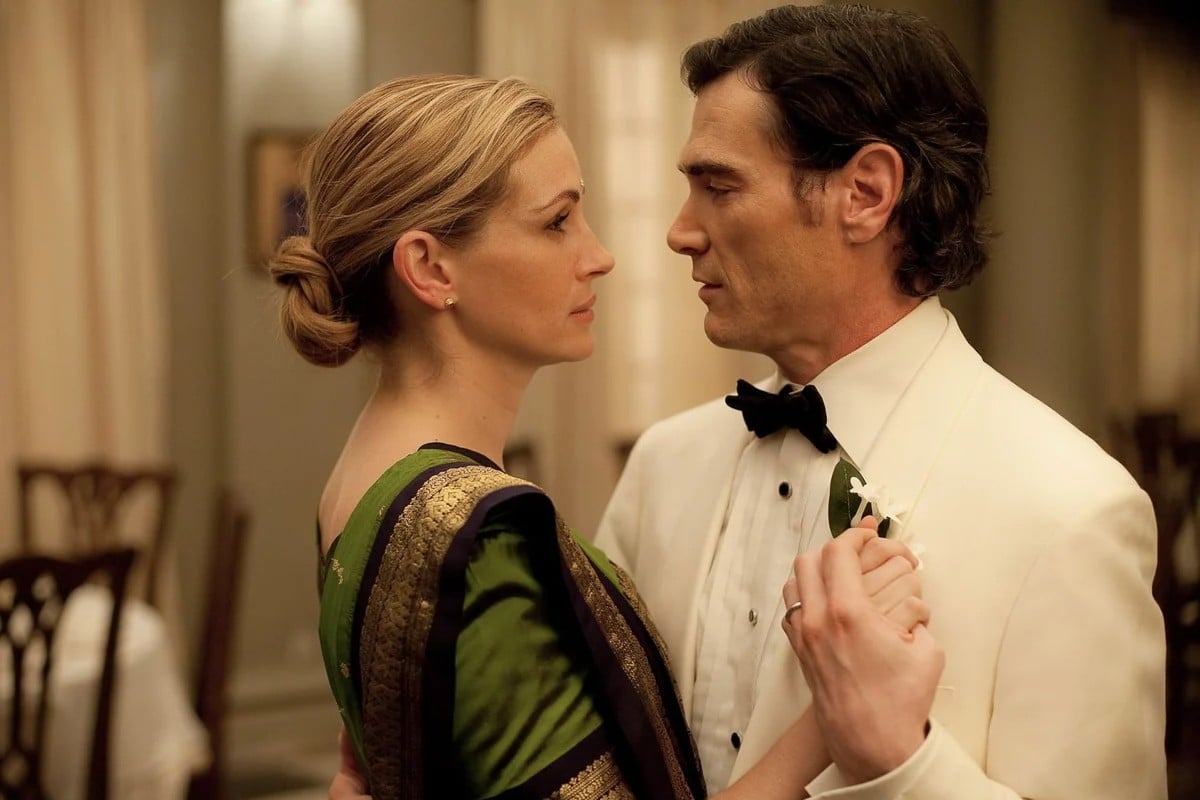
Look, I can't really label myself a "success story" as a single divorcee at 41. I've never reached "the promised land" of happy-ever-after. But perhaps, as someone who has lived through failed relationships, I have gained something more along the way.
Insight and perspective.
While society loves slapping the "failure" label on divorce, I've come to see it as more of a brutal masterclass in personal growth.
On one of my many quests to make sense of the world, and the people in it, I stumbled upon a framework that explains exactly why some relationships work, and why others don't.
Watch: Mel Robbins' 'Let Them' theory. Post continues below.
Enter Matthew Hussey, renowned relationship coach, New York Times best-selling author of Love Life, and honestly, my new personal Roman Empire. (If you know, you know.)
In his book, Hussey outlines four crucial stages that relationships must progress through to truly last the distance.
And what's particularly fascinating (and slightly confronting) is that most of us never fully reach stage four.
What are the stages?
Stage 1: Admiration.
This is where it all begins — you spot someone across the room, or perhaps swipe right on their dating profile and think "wow." You're drawn to their looks, personality, or that inexplicable something about them.


